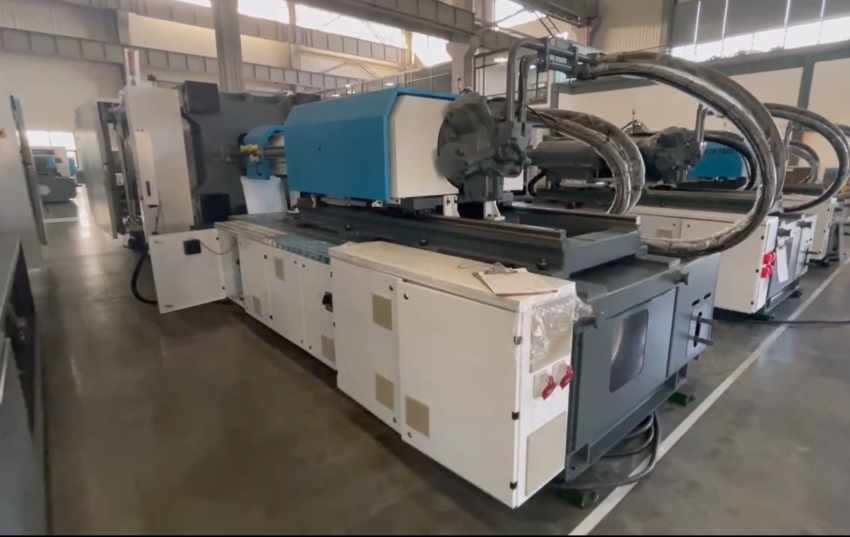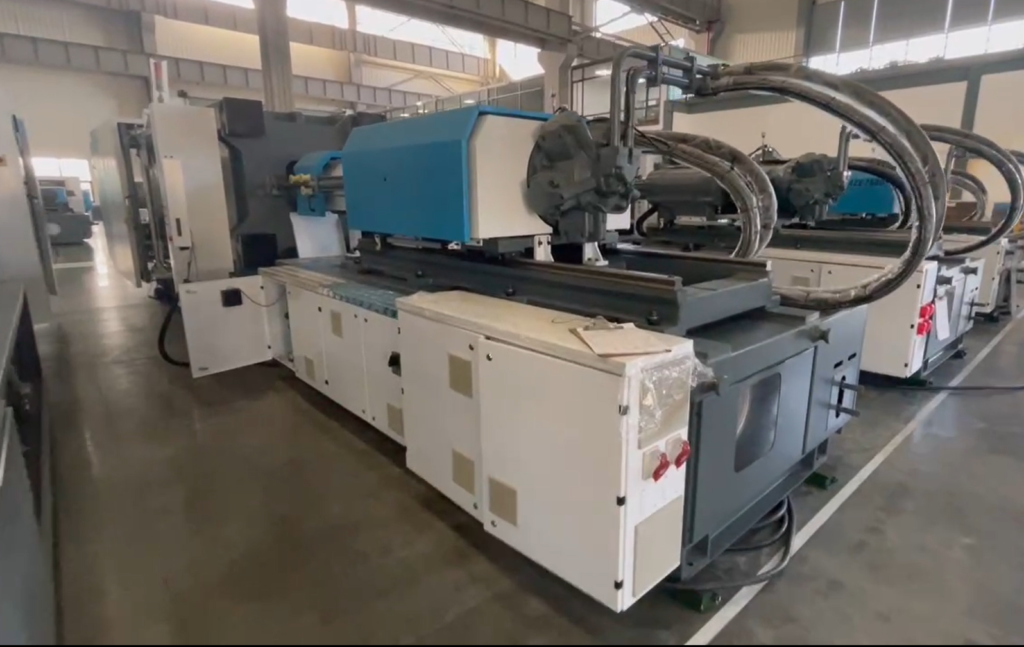To explore the efficient implementation of injection molding machine in the production of special materials for daily necessities

In a globalized modern life, the variety and complexity of general merchandise is increasing, especially those innovative products made of specialty materials, such as food containers, toys, household appliances, etc. These products require not only safe and reliable materials, but also production efficiency and cost control. Injection molding machine as the core equipment for the production of these daily necessities, its technological progress and effective implementation is crucial to the entire production process. We explore in depth how injection molding machines can be used to efficiently produce specialty materials in general merchandise and analyze their impact on the industry.

1、The technical advantages of injection molding machines and the challenges of special materials
By precisely controlling the melting, injection, cooling and demoulding processes of plastic raw materials, the injection molding machine achieves high precision and high consistency in product manufacturing. For specialty materials, such as high temperature resistant materials, biodegradable plastics, or composites containing additives, injection molding machines require finer temperature control, higher injection pressures, and faster cycle times. These challenges are driving continuous advances in injection molding machine technology, including the development of all-electric injection molding machines, and smarter control systems to accommodate the needs of a variety of complex materials.
2、Material properties and process optimization
For specialty materials, it is essential to understand their physical and chemical properties. Each material has its own unique melting point, fluidity, thermal stability and cooling rate, which directly affect the parameter setting of the injection molding process. Through detailed material analysis and testing, engineers can optimize injection molding parameters such as temperature curves, injection speed and pressure holding time to ensure product quality and production efficiency.
3、Mold technology innovation
The mold is another key factor in the injection molding process. For special materials, mold design needs to take into account the flow characteristics and cooling efficiency of the material. The use of advanced mold technology, such as form-following cooling channels and coating technology, can significantly improve cooling efficiency and mold life, while ensuring the surface quality and dimensional accuracy of the product.
4、Implementation of intelligence and automation
With the arrival of Industry 4.0, intelligence and automation have become the development trend of the manufacturing industry. The implementation of an intelligent control system on the injection molding machine to monitor and adjust the machine parameters in real time can further improve the flexibility and efficiency of production. In addition, the rapid replacement of molds and automatic blanking of finished products are realized through the robot and automatic conveying system, which greatly improves production continuity and reduces labor costs.
5、Environmental and sustainability considerations
In the production of special materials, environmental protection and sustainability are also factors that cannot be ignored. The use of environmentally friendly materials, such as bio-based plastics or recyclable materials, not only reduces the impact on the environment, but also meets the market demand for sustainable products. When processing these materials, the injection molding machine needs to adjust the process to maintain the integrity and performance of the material, while optimizing energy consumption and reducing waste generation.
6、Case studies and application examples
Specific case studies help to understand the practical application of injection molding machines in the production of specialty materials. For example, a company using high-performance polymers to produce heat-resistant coffee cups successfully achieved high heat resistance and excellent mechanical strength by precisely controlling the temperature and pressure of the injection molding machine. Another example is the production of disposable tableware using biodegradable materials, by optimizing the injection molding process, not only to ensure the quality of the product, but also to respond to the market demand for environmental protection.
7、conclusion
Injection molding machine plays a core role in the production of special materials for daily necessities. Through technological innovation and process optimization, injection molding machines can effectively respond to the challenges brought by special materials and achieve high quality and efficient production. The implementation of intelligence and automation, as well as the emphasis on environmental protection and sustainability, has further promoted the application and development of injection molding technology in the manufacture of daily necessities. In the future, with the continuous progress of material science and manufacturing technology, injection molding machines will play a greater role in the production of daily necessities, meeting the market demand for high-quality, environmentally friendly and innovative products.


